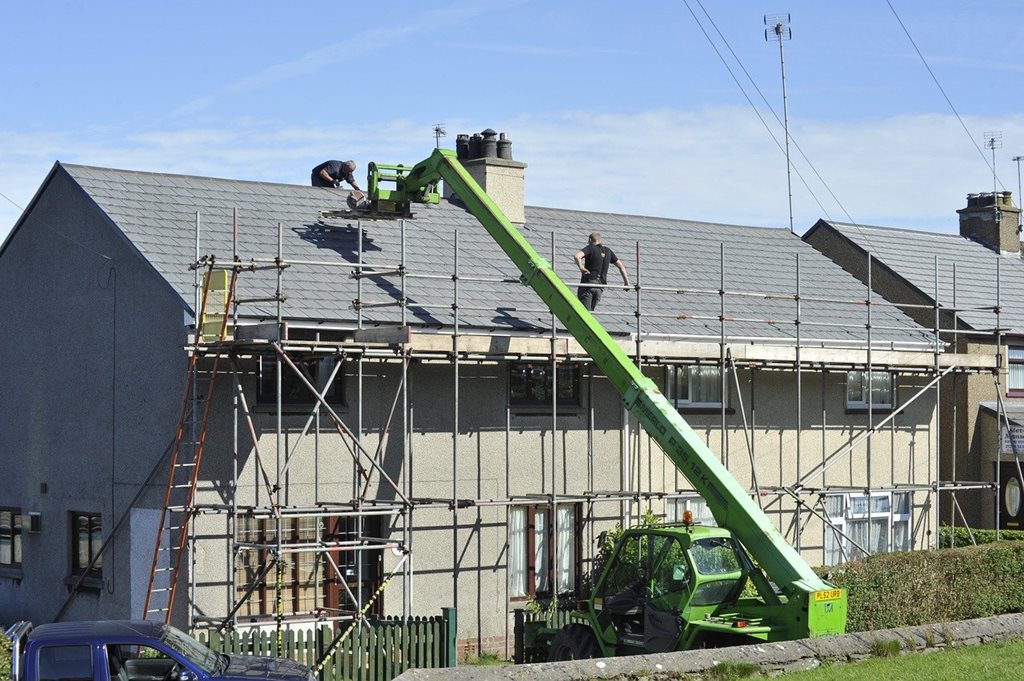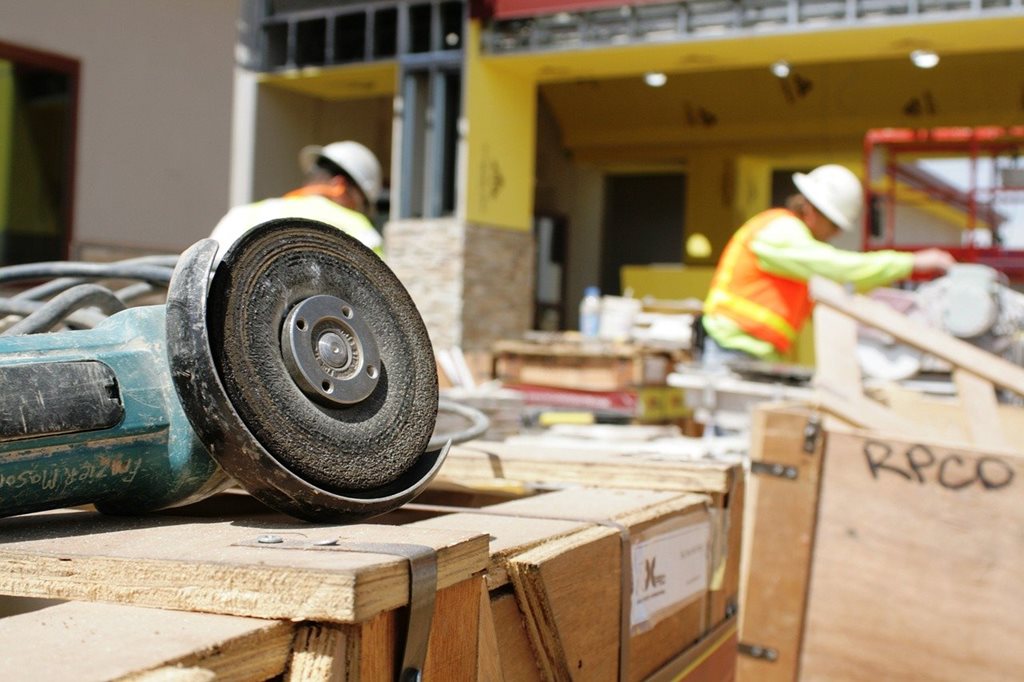
Housing Budget 2021: This time it’s different or is it?
 The single biggest spend on housing by any Government was announced on Budget Day, Tuesday 13th October 2020. Well over a half billion euro extra has been allocated to the housing budget for Budget 2021, bringing it to €3.3 billion. Despite being the biggest housing budget in Irish history, it will most likely leave the people that SVP support, who experience various forms of housing distress, underwhelmed, disappointed and anxious for their future.
The single biggest spend on housing by any Government was announced on Budget Day, Tuesday 13th October 2020. Well over a half billion euro extra has been allocated to the housing budget for Budget 2021, bringing it to €3.3 billion. Despite being the biggest housing budget in Irish history, it will most likely leave the people that SVP support, who experience various forms of housing distress, underwhelmed, disappointed and anxious for their future.
The Government’s Rebuilding Ireland programme had set a construction target of 8,907 houses ; Budget 2021 has increased that to 9,500. That is an extra 593 homes, these are impressive figures if it were not for the level of housing need that does exist currently. As of June 2019, 68,693 households were on the Summary of Social Housing Assessment. Worryingly, about 27% of all those households have been waiting for more than seven years for social housing support and roughly 53% of households qualified are currently renting in the private rented sector. While the private rented sector is providing much needed accommodation for low income households, it is not an appropriate form of secure housing. And despite a reduction in the numbers experiencing homelessness earlier in the year, unfortunately, homelessness has risen again for the past couple of months with now, 8,728 women, men and children living in emergency homeless accommodation. In our Pre Budget Submission, we had recommended that a ban on the issuing of notices of termination and on rent increases be continued until 2021 or until the number of people being housed is significantly greater than the number of people becoming newly homeless. It is disappointing to see this was not addressed in the budget, which is likely to leave low income households at increased risk of homelessness while we continue to live in very challenging times.
An Oireachtas Housing Committee Report in 2016 estimated that we need approximately 10,000 new units of social housing every year to meet existing and growing demand.

Of real concern is that those targets seem even less ambitious if we consider the real level of housing need. The number of people, for example, experiencing hidden homelessness, often times living between family and friends houses, and women and children in domestic violence refuges or those in direct provision who have been granted refugee status but cannot find accommodation and so remain there. All those individuals have a housing need not currently met or recognised by the Department of Housing. Also, Covid-19 has shown that there has never been a more important time in Irish society to ensure we know ‘who’ is experiencing homelessness in all its guises.
Again, in Budget 2021 as was the case in Budget 2020, it is the private rental sector to which the Government has turned to provide homes for those on the social housing waiting lists. They have allocated €2.4 billion for an additional 15,000 HAP and 800 RAS tenancies. This is despite that the RAS scheme was to be phased out.
An allocation of €110 million was allocated for a ‘new’ affordable purchase shared equity scheme for first-time buyers and a new cost rental model. However, the affordable purchase scheme was first announced in Budget 2016, but it still is not in place. SVP have advocated for affordable cost rental homes to be rolled out across the country. It is encouraging to see it highlighted in the budget document, but it will be of little value to low income households if affordability is not built into the design of the project.
SVP members see the devastating impacts that homelessness and insecure housing has on individuals, families, and children through their work in the community, home visitation and visiting people in emergency homeless accommodation. Like previous budgets we hoped that Budget 2021 could address this extreme form of poverty. It falls well below that hope and expectation.
